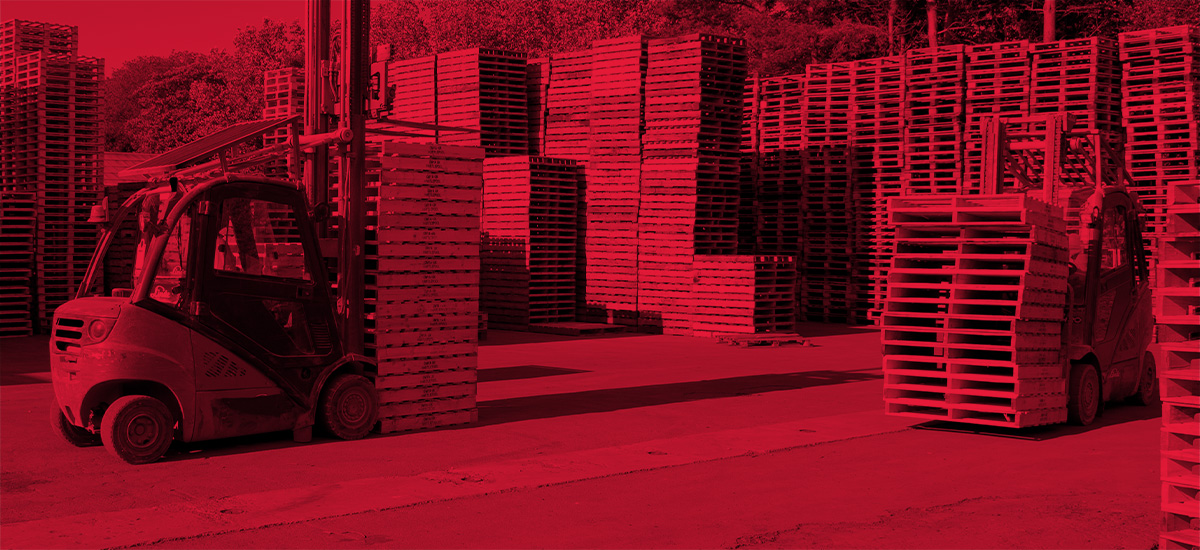Wood waste demand
Over the last 12 months a combination of factors, including the decline and closure of panelboard manufacturers Sonae in Knowsley and reduced demand for exported biomass, means wood recyclers have been left with an abundance of wood waste.
Although there has been an excess of wood waste, there are concerns that with growing demand for biomass, supported by Government incentives, the panelboard industry may see a decline in the wood waste that is vital to the industry. The Wood Panel Industries Federation (WPIF) has been lobbying for the Government to enforce a ban of wood waste to landfill to encourage a continued supply. Alastair Kerr, Direct General of WPIF, has expressed his concern that the Government’s focus on large-scale wood biomass could increase prices and threaten the UK panelboard industry.
Wood waste: now and in the near future
Although wood recyclers are currently holding an excess of wood waste, if the planned growth of domestic biomass and energy for waste (EfW) capacity goes to plan, it has been predicted that increased demand could cause a potential shortage of material as early as 2015. The panelboard industry has generally welcomed the growth of biomass as an alternative market for low-grade waste wood but, as expressed by Peter Butt, the secretary of the Wood Recyclers Association (WRA), the transition from panelboard to biomass is set to continue but the former would remain a “very important market”. This is important to reflect on whilst retaining the UK panelboard industry and helping aid the rebuilding economy.
Guy Evans, a waste wood market specialist at GE Environmental Consultants, has said it is a matter of time before the domestic EfW market develops, continuing that recent problems with delays to certain projects and financing issues meant that domestic demand was not yet rising. This however is set to change with new developments in biomass plant projects planned for 2013.
In its evidence to Defra, the WRA said it could not say how long the current situation would last: “Much depends on the emerging biomass market, which is still in its infancy and has its share of teething troubles but which, potentially, could take up the slack and perhaps return us to being a supply-driven industry within the next four or five years.”
Short to medium term problem?
It is considered that the abundance of waste wood will only be a short to medium term problem. It is the panelboard industry’s expectation that in the short term, increased demand will be focused on a recovering economy to help increase production at the board mills, and for biomass plants to get up and running. However, in addition to the estimated increase of biomass and EfW, the overall demand, which also includes 20% of good quality recovered wood demand for animal bedding, may begin to outstrip supply, forcing prices up and increasing costs for reprocessors.
Peter Butt believes that Government ministers’ do not have their hearts set on landfill bans. He said the Government should continue landfill tax escalation and force the increase of EfW as an end use for the types of difficult to recycle wood waste currently going to landfill. Guy Evans believes the time is right to start working towards a landfill ban now suggesting it will not happen overnight and “if we have a cold winter and exports increase, there will be people crying out for wood again”.







